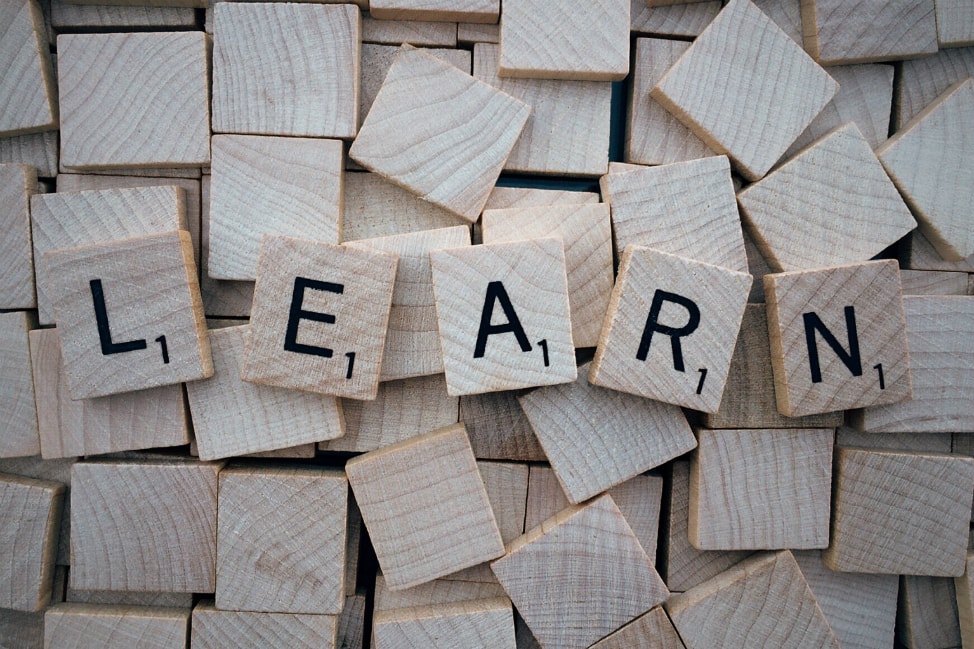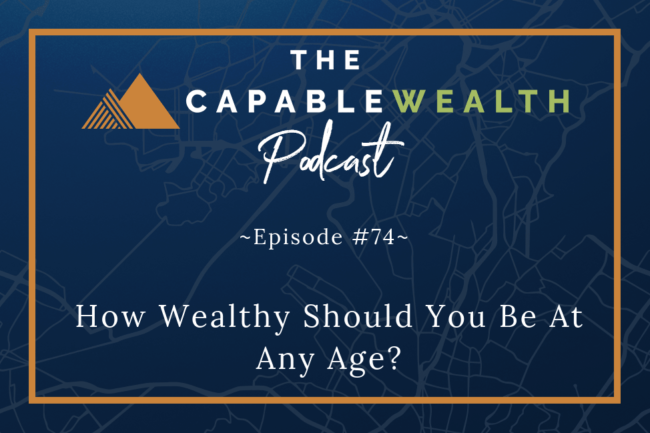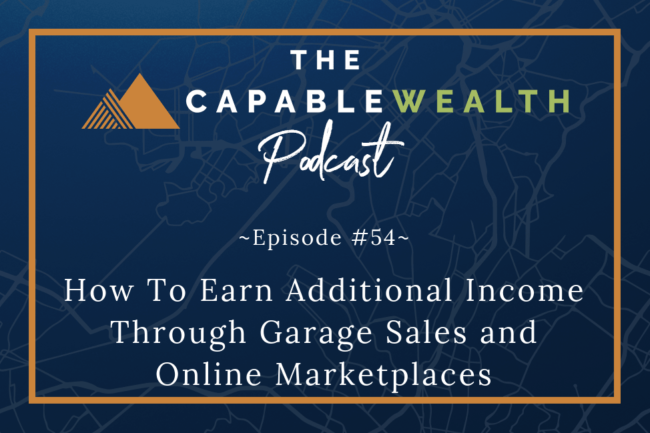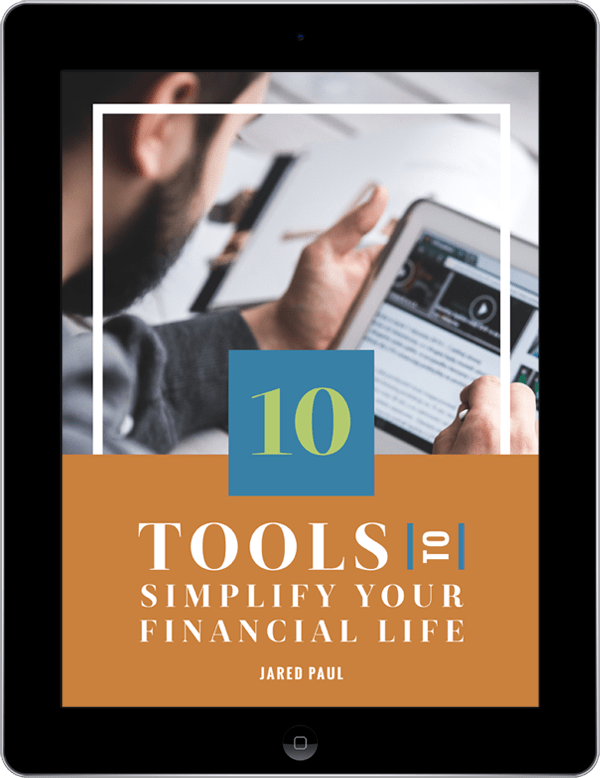I grew up on welfare and food stamps. It’s true. And it’s something I never want to experience again, nor would I wish it upon anyone.
As I think back to my childhood, there are so many memories to contemplate. Some might think of the things they didn’t have – maybe the things their family couldn’t afford to buy, or do.
I’m lucky enough that after so much reading, so many discussions with others, and so many teachings from mentors along the way, I’ve gained a great bit of perspective.
Now, when I look back on my childhood, I realize how many amazing lessons I learned from the situation my family was in.
And that is exactly what I want to go over today.
LESSONS LEARNED
So here are just a snippet of lessons I learned growing up on welfare.
1 – Life sucks when you’re relying on others for what you want
I know there is a big political debate around the “welfare state.” Many believe that the government shouldn’t be supporting so many individuals.
It is other people’s tax money that is actually funding these programs, so I can understand the argument against it.
From the many conversations I’ve had, I feel that many of those against these programs believe that way because they hate those who are taking advantage of the system.
Without a doubt, this happens.
But let me be clear on one thing. Having to rely on some governmental agency for food, clothing, or shelter, is not an amazing existence.
Also, there are serious limits on the quality of life you are living.
Long-story-short, it is not a fun experience when you are hoping that your welfare checks clear, so you can eat.
2 – I learned what it’s like to NOT have the things you want
As a kid, it’s tough to see a lot of your friends getting a lot of the things they want, like fun toys, new shoes, cars, etc. It can sometimes build resentment and make you angry.
Growing up with this made me realize that we don’t all live on a level playing field. You aren’t going to always get your way, and things aren’t always going to be fair.
But this doesn’t mean you should get upset. It means you need to work hard for what you want.
3 – I learned that you do NOT need the things you want
After all, you need the things you NEED, not the things you want. But when you’re a kid, it’s tough to know the difference.
Heck, even as an adult, many of us are still having trouble with this concept.
It boils down to the debate around consumerism, materialistic objects, and what will actually bring you joy.
When you begin to understand the difference between these things, life gets A LOT better.
4 – I learned what it means to work for what you want
Around the age of 12, I began caddying at a local country club. Each weekend over the summer my mother would drop me off at the crack of dawn. For 4+ hours, I would lug around some rich guy’s golf bag in the piping hot sun.
Around this same time, I started baby-sitting for local neighbors. My mother had me go through a CPR and First-Aid course to get a baby-sitting certification, and off I went!
And throughout high school, I spent my summers lifeguarding at local pools and lakes.
At this time in my life, I didn’t possess some amazing work-ethic, or love spending my summers working.
It was much simpler than that. Our mother didn’t have the money to buy us extra things. So, if we wanted them, we had to work for them. Plain and simple!
5 – How to adapt to change
When I was young, I remember moving around a lot. At the time, I didn’t know exactly why we kept moving, but I knew what it meant to “change scenery.”
From 4th – 6th grade, I attended 4 different elementary schools.
I know now that it was because money was tight, so we were getting booted from one apartment to another – forcing us to a new home, new neighborhood, and new school.
I don’t necessarily wish this upon kids, but I realize now where my comfort with change and high level of adaptability comes from.
It has certainly made me resilient.
6 – I learned the importance of compassion and empathy
When I first started playing Lacrosse, I didn’t own ANY of the equipment. My older brother let me use his old pads and an old Lacrosse stick of his, but his cleats were too small for me.
So, for the first parts of our tryouts and into our training sessions, I was wearing regular sneakers while the other kids I was competing against were wearing top-of-the-line cleats.
This was obviously a bit ridiculous, and not ideal.
One day, I came into the locker room and the two coaches asked me into the coach’s office. They presented me with a new pair of Nike Lacrosse cleats, and didn’t ask me or my mother to pay them back one cent.
At the time, I was incredibly grateful for the gift, and super excited to be able to play with my new pair of cleats.
Looking back, I realize how amazing generosity can be.
These gentlemen had no obligation to do this for me, but they did it anyways because they saw someone in need.
Clearly, it isn’t something I’ve forgotten…
7 – I learned the value of a mentor
When you are living in a difficult situation, and the predicament isn’t your fault, it can be easy to adopt a “woe-is-me” mentality.
Believing the world is against you and you’re just unlucky, can be the way you start to see things.
A great mentor is one of the people who can help stop this mentality from seeping into your psyche.
They can be that person who helps you understand that you can make the choice to change your life and the position you’re in.
8 – I learned that taking control of your finances means much more than becoming rich
This is a concept that I speak about regularly, now.
Financial planning, building wealth, investing, these are all concepts we often hear about in the world of personal finance.
But so many miss the true meaning behind financial planning and building wealth.
The reason you should take control of your finances is so you can increase the quality of your life, and eliminate the stresses associated with poverty or financial hardship.
This includes if you are above the poverty line, but only living paycheck-to-paycheck.
I believe there are many ways to learn the lessons I have along the way. I don’t think that living in poverty is one that is necessary, or advised.
But looking back, it certainly taught me more than I realized at the time.
Capably Yours,
















